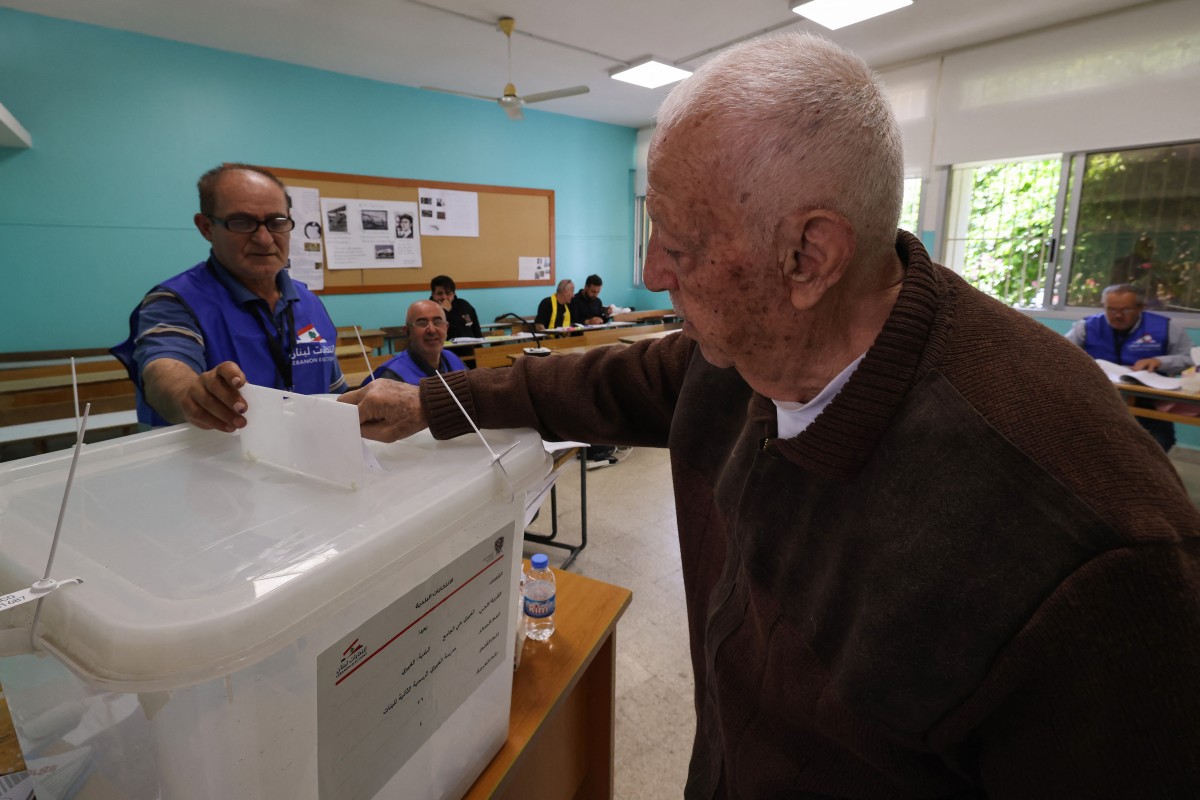Anyone betting on municipal and local elections to predict the outcome of next year’s parliamentary elections is making a grave mistake. Each election has its own dynamics: municipal contests are local in nature, heavily influenced by family and even personal ties, with no single standard for forming electoral lists across towns and villages. A coalition in one village may look entirely different in the next—even parties often find their members competing on rival lists.
Moreover, municipal elections operate under a majoritarian system, not proportional representation, giving voters the freedom to mix and match candidates without being bound to closed lists or offering preferential votes.
Parliamentary elections, on the other hand, follow a proportional representation system. While exceptions exist for regional considerations, alliances are generally formed around shared political visions and a unified front, aiming to secure a parliamentary majority and govern.
Political parties and figures take voters seriously during parliamentary races. When candidates lack concrete platforms, enticements—financial, professional, or service-based—often fill the void. Traditional allegiances, whether familial or feudal, continue to sway voter choices.
The first round of Lebanon’s municipal elections took place last Sunday in Mount Lebanon, with its six districts reflecting the country’s diverse sectarian fabric. The coming rounds—in the North and Akkar tomorrow, Beirut, Zahle, and Baalbek-Hermel on May 17, and the South and Nabatieh on May 24—are expected to mirror these results in both tone and implication.
Can any Shiite figure or group truly breach the electoral stronghold of the Amal-Hezbollah alliance in the South and Bekaa? The recent results in Baabda, in particular, highlight how firmly their base stands behind them.
The same goes for the Druze community. The alliance between the Progressive Socialist Party and the Lebanese Democratic Party has neutralized threats to their joint lists—an understanding shaped by the Syrian conflict, the precarious situation of the Druze there, and the broader threat posed by Israel to the region and the Druze in Lebanon.
As for the Sunni vote, the absence of the Future Movement and the retreat of Saad Hariri from politics have left the field fragmented—especially in Iqlim al-Kharroub—without a single dominant leader. The true test lies ahead in Tripoli and Akkar tomorrow, and in Beirut next week.
Among Christians, the sense of momentum felt by some parties—some of whom even sought to marginalize their rivals—did not translate into overwhelming victories in Mount Lebanon. Despite efforts to portray the numbers as a "public opinion statement," the candidates many predicted would be crushed ran either independently or in alliance with local actors, families, and youth figures—and they achieved striking results, confirmed by analysts and statisticians alike.
As for the so-called “change” groups—who claimed to bring about transformation—their silence has been deafening. No wins, no visibility, and many chose neutrality.
Looking ahead, the remaining phases of the municipal elections are expected to echo the lessons of this first round—just as happened during the 2005 parliamentary elections. Back then, General Michel Aoun stunned the political establishment with a “tsunami” in Mount Lebanon, forcing rival parties to mobilize vigorously in subsequent phases.
Observers of the Lebanese political scene note that this time, the Free Patriotic Movement (FPM) has already exceeded its previous nationwide municipal results, securing a higher number of mayors, council members, and mukhtars in Mount Lebanon alone than in all of Lebanon in the past cycle. Even in areas where FPM-backed lists lost, their solo showings outperformed every other party’s numbers individually.
While FPM appeared mostly alone in these elections, relying on local alliances, the question remains: what happens in next year’s parliamentary elections amid growing efforts to isolate the party? Since 2019, FPM has faced what it calls a campaign of “political assassination.” It has been pushed out of power, lost MPs to resignations and expulsions, while other parties claim victory in the battles against Hezbollah, the Syrian regime, and in shaping the government and presidency.
One political insider recalled a statement by General Michel Aoun during his post-exile years, when opponents sought to marginalize him and his movement. It stands today as a message to those betting on his downfall:
“I am the people… I cannot be isolated.”
Please post your comments on:
[email protected]
 Politics
Politics







